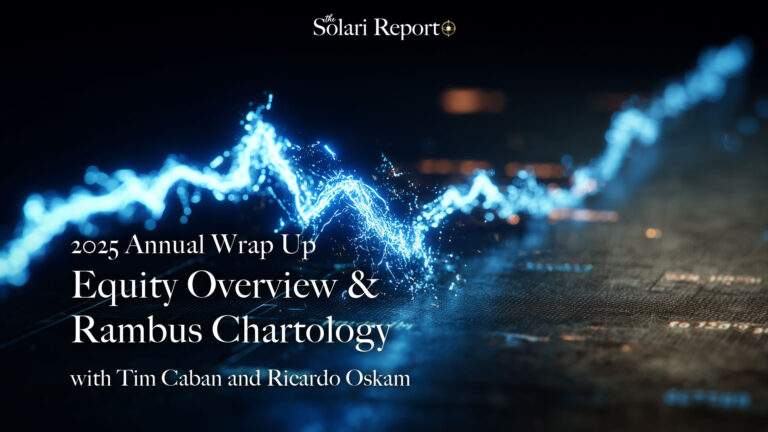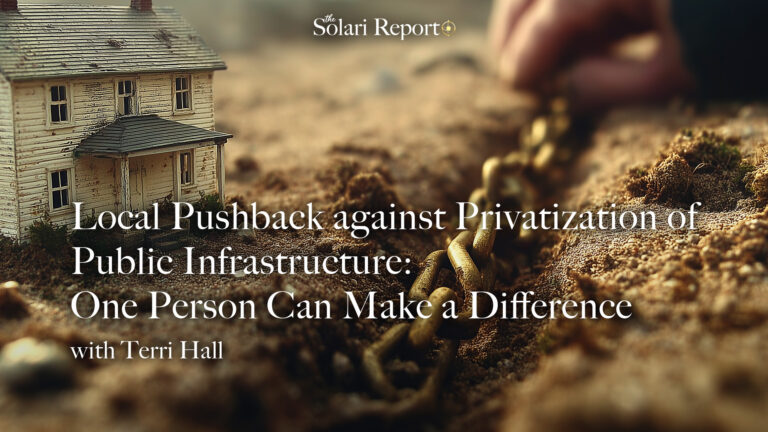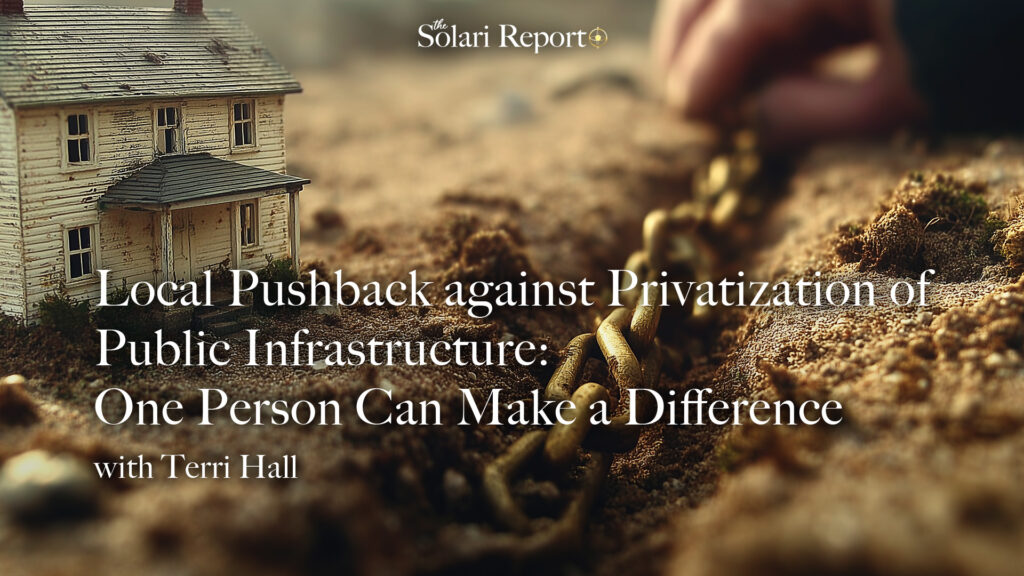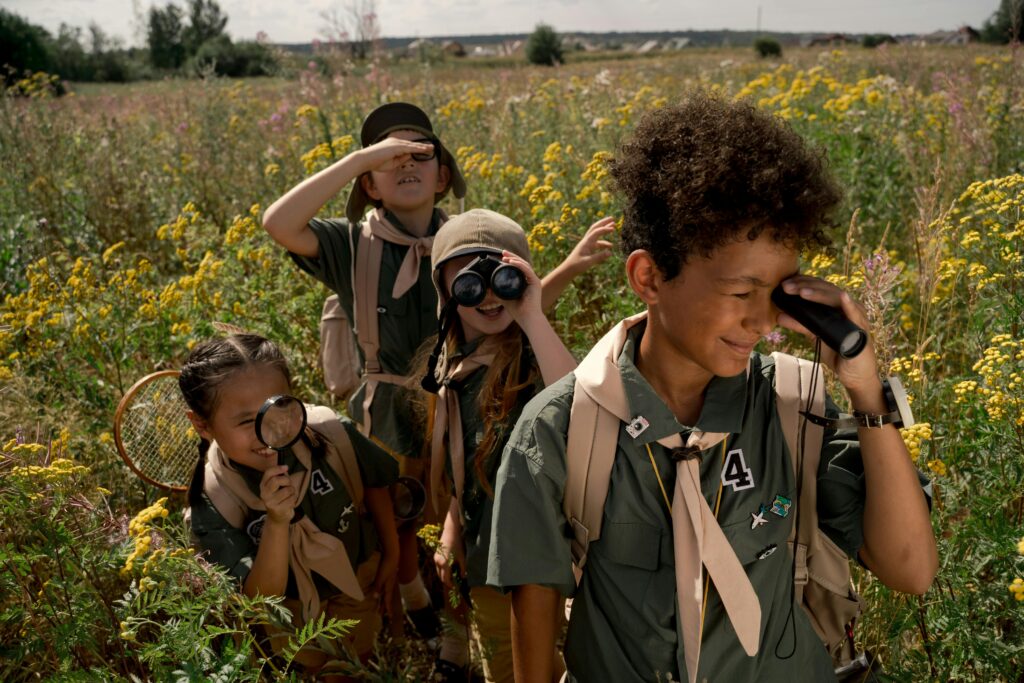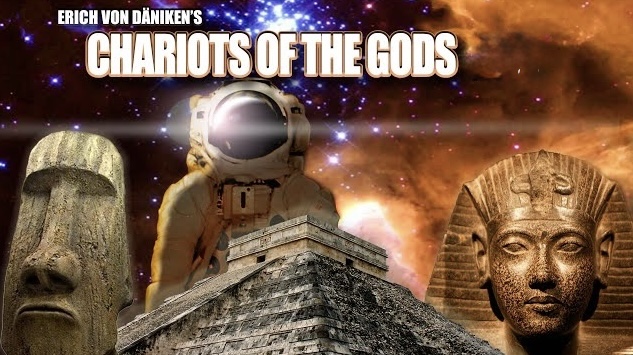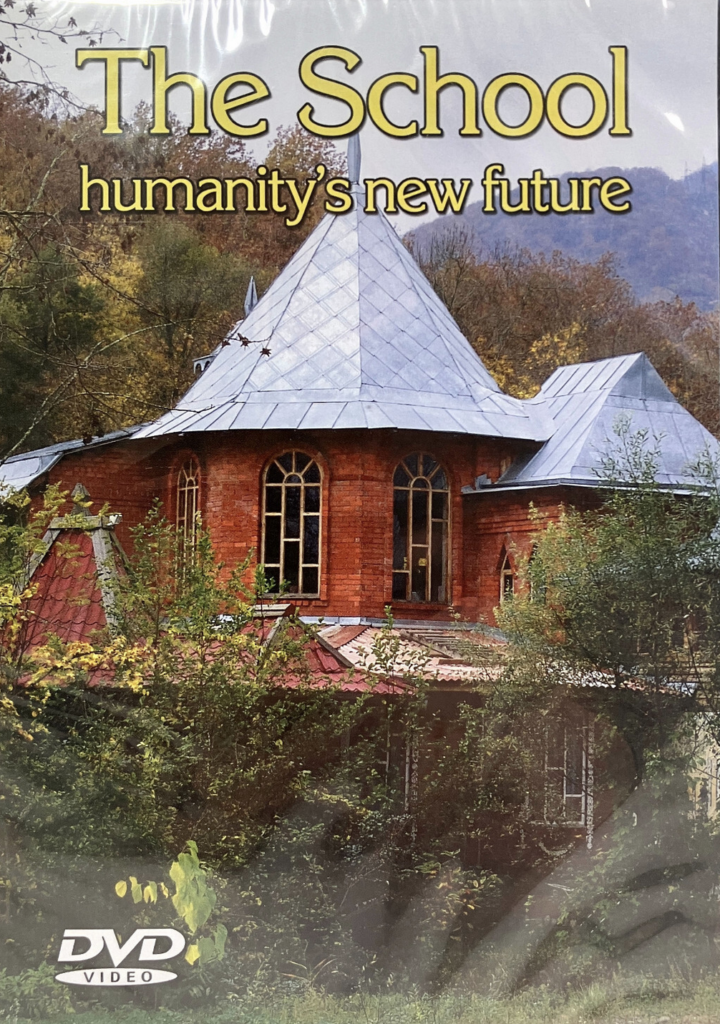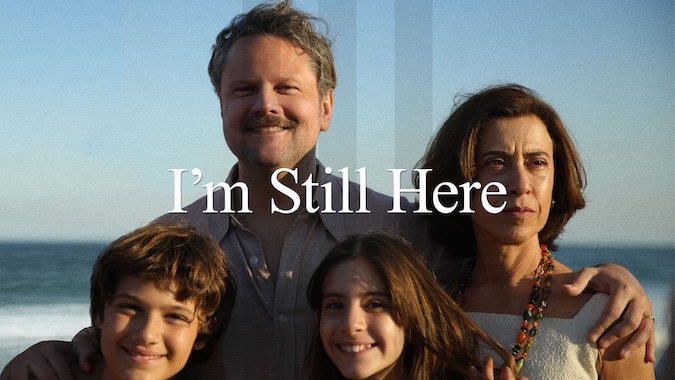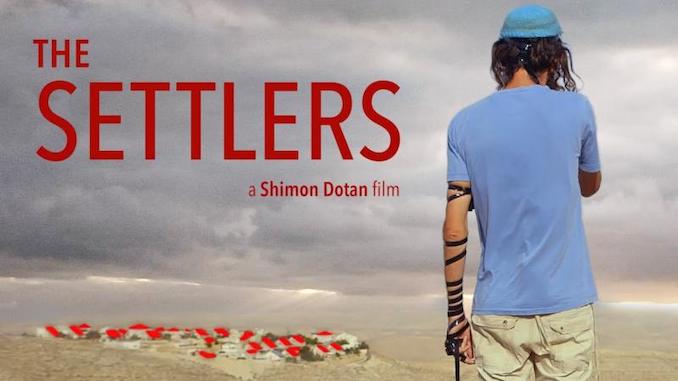
Become a member: Subscribe
Movie of the Week
The Settlers
August 9, 2025

“The reality, sooner or later, is going to blow up in our face. We can call it apartheid, we can call it any way we want … but it’s evident that the historic evolution of a situation of this nature is unavoidable.”
~ Shimon Dotan, Sundance 2016
Movie of the Week
The Settlers
In 2025, as Israel—with U.S. support—overtly engineers famine and genocide in Gaza, it is a poignant and instructive moment to watch director Shimon Dotan’s 2016 documentary, The Settlers. The family of Romanian-born Dotan moved to Israel in 1959 when he was 10; he now lives and works in New York City and says his goal as a filmmaker is “to bridge ideas and ideologies with visual storytelling.”
At the film’s core are Dotan’s interviews with settlers. He starts by asking them a simple question: “Are you a settler?” The range of reactions he elicits—from grins and laughter to “I am on the land of my forefathers” to “That is how the media and leftists define me”—is instantly revealing. When Dotan questions a man who says the difference between a “settler” and an “inhabitant” is “just semantics,” the man clarifies, “A settler is a person who lives on land that doesn’t belong to him. An inhabitant is a person who lives on his forefather’s land. You’re right, they’re not the same.”
Semantics remains a theme when Dotan describes the language—“Liberated” vs. “Occupied” vs. “Held”—that different protagonists have used to refer to the contested territories, as well as settlers’ labeling of themselves as “pioneers” and avant-garde “leaders.”
The Settlers takes viewers through pivotal historical moments that laid the groundwork for the modern settler movement, notably the 1967 Six-Day War, and describes how settlements and “outposts” have multiplied through a mixture of brazen “It’s better to ask for forgiveness than permission” actions by settlers and “wink wink” behavior on the part of successive prime ministers, resulting in what interviewee Talia Sasson (former head of Israel’s State Prosecution Criminal Department) describes as “institutionalized illegality.” As Dotan narrates at one point, “The Israeli government did not approve, but it did not disapprove either.” He shows that the one leader who seems to have tried to take a different path, Yitzhak Rabin, was assassinated in 1995 after he froze settlements and questioned the massive cost—$250,000 per settler family—to provide security and roads.
Broadening the discussion beyond the settlers’ viewpoint, Dotan also interviews a Palestinian leader, villagers, university scholars, attorneys, and former government officials, as well as presenting historical footage of various political figures. In addition, there are powerful visuals: evocative black-and-white drawings depicting historical events and setting the stage for each of the film’s nine chapters, and animated maps that illustrate the constant redefinition of boundaries and proliferation of settlements, driven by a brutal logic to isolate and surround Palestinian villages.
Stunning photography also shows the vast infrastructure—including barriers, bypass roads, tunnels, and bridges—that Israel has constructed to make it possible for settlers to avoid contact with their Palestinian neighbors. In addition, we see the swimming pools and palatial homes that have become a magnet for nonreligious settlers pursuing an enhanced middle-class lifestyle.
The film’s perspective largely seems to be that fanatical religious settlers were a stronger force than the Israeli government bargained for, but in a 2016 interview, Dotan acknowledged the government’s deeper complicity, stating:
“Even now, Israel could remove the settlements by simply turning off the water and electricity that it now provides the settlers. Most of them would not remain on the West Bank without the water and electricity supplied by Israel.”
Celia Farber, whose recommendation brought the film to our attention, aptly describes The Settlers as “fair, humane, illuminating, and not propagandistic.” In 2016, Dotan realistically concluded, “It can’t go on this way.” Unfortunately, the Netanyahu syndicate’s response has been to embrace extermination as its means to finally complete the land grab.
Watch The Settlers HERE.
Links
The Settlers (2016 film) (Wikipedia)
Shimon Dotan (Wikipedia)
An Interview with Shimon Dotan, Filmmaker and Director of The Settlers (2016)
Log in or subscribe to the Solari Report to enjoy full access to exclusive articles and features.
Already a subscriber?









